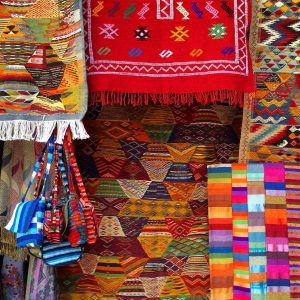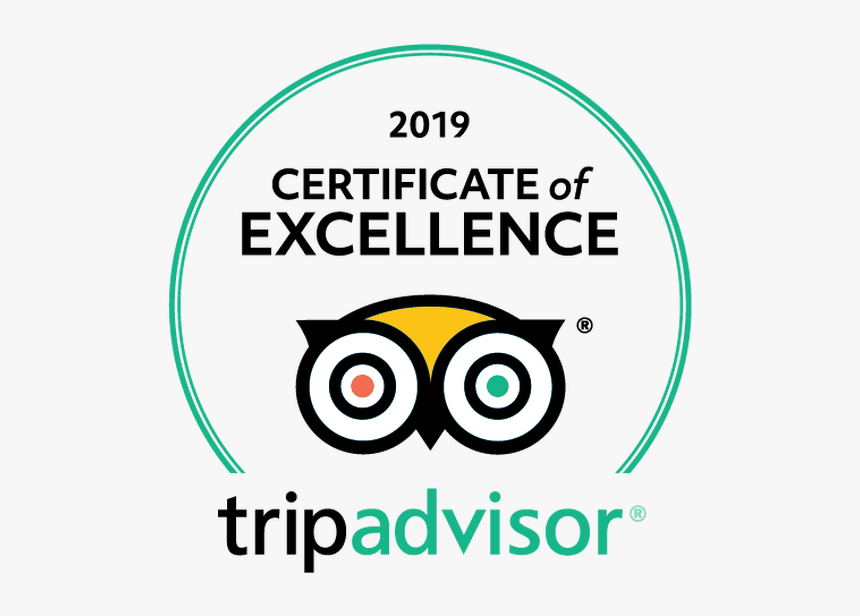Things to buy in Morocco shopping
Souks are Moroccan markets.
Things to buy in Morocco: souks in Morocco are one of the country’s most popular tourist attractions. Exploring these labyrinths of narrow lanes and alleyways stocked with exotic merchandise can make you feel like a character from Arabian Nights. Every town and hamlet in Morocco has a souk for shopping, no matter how small: towns like Fez and Marrakech have entire districts stuffed with souks, each one specialized to a specific trade, while country settlements have a weekly general market. Some of the more fascinating weekly souks where you can find what to buy in Morocco, such as handicrafts and souvenirs, are listed below:
Agadir (Sunday), Ifrane (Sunday), Moulay Idriss (Saturday), Ouarzazate (Sunday), Tafraoute (Wednesday), Taroudannt (Thursday & Sunday), Tinghir (Monday), Zagora (Wednesday & Sunday).
Bargaining in Morocco
In an economy where many things are handmade, each item has a distinct value based on the quality of the workmanship. Thus, bargaining is a method of deciding the correct price, not simply a method for a shopkeeper to acquire more money from one consumer than from the next. To get the greatest price for your shopping in Morocco, you must first familiarize yourself with the market by browsing through numerous shops and asking for the pricing of identical goods.
Bargaining in Morocco
In an economy where many things are handmade, each item has a distinct value based on the quality of the workmanship. Thus, bargaining is a method of deciding the correct price, not simply a method for a shopkeeper to acquire more money from one consumer than from the next. To get the greatest price for your shopping in Morocco, you must first familiarize yourself with the market by browsing through numerous shops and asking for the pricing of identical goods.
Things to buy in Morocco
How to Buy Carpets and Rugs in Morocco
Moroccan rugs and carpets feature a thicker pile and a looser weave with larger knots than Persian or Turkish rugs. The best and most expensive are from Rabat, while Marrakech and Meknès are also fantastic places to shop. Killims, little woven rugs manufactured largely in the villages of the Middle Atlas Mountain, are also quite appealing; the carpet souk in Azrou is highly recommended.
Jewelry
Chunky Berberi jewelry made of silver, amber, and semi-precious stones is astonishingly attractive and can be purchased for a fraction of the amount you would pay at home. Taroudannt and Tiznit, as well as Essaouira, are excellent places to find a deal.
Leather:
Moroccan leather is at the top of most visitors’ wish lists. The ultra-soft, fine-grained leather known as morocco is manufactured from goatskins and is used for book bindings, desk sets, portfolios, wallets, purses, gloves, and a variety of other items.
Leather jackets, suitcases, satchels, and handbags are very popular. In Agadir, high-fashion leather apparel can be custom-made. Another popular item to buy in Morocco is a pair of traditional Moroccan leather slippers, or babouches, which come in yellow for men and red for ladies.
Metalwork:
You might want to acquire a copper or brass tray with exquisite, decorative hammered motifs in Morocco, which, coupled with a little folding wooden stand, makes a handy and elegant little table. The squat, narrow-spouted teapots used to make mint tea can be made of silver, pewter, or even aluminum, so you can choose one that fits your budget.
Pottery:
Fès, Meknès, Salé, Safi, and Marrakech are the ideal destinations to look for high-quality ceramics. The traditional memento is a conical couscous dish, but there is a large range of other items available. From trendy plates and coffee dishes to magnificent antique bowls and vases. Pottery is the most popular item to purchase in Morocco.
Spices and herbs:
Cooks will be unable to resist the abundance of fresh herbs and spices on display in the souks. Saffron, for example, is inexpensive by Western standards, and don’t forget to ask for the shopkeeper’s choice,’ known as ras el hanout, a fascinating blend of 13 herbs and spices.
Woodwork:
Most large cities’ Medinas contain jars, crates, seats, and tables constructed of sweet-smelling cedarwood. The specialty in Essaouira is carved and inlaid sandalwood, or thuya, which is manufactured into chessboards, inlaid tables, backgammon sets, and polished jewelry boxes. Buy them from the artisans.
More posts about Morocco:
- Top things to do in Morocco
- Top things to see in Morocco
- Things to see in Chefchaouen
- Things to do in Essaouira



